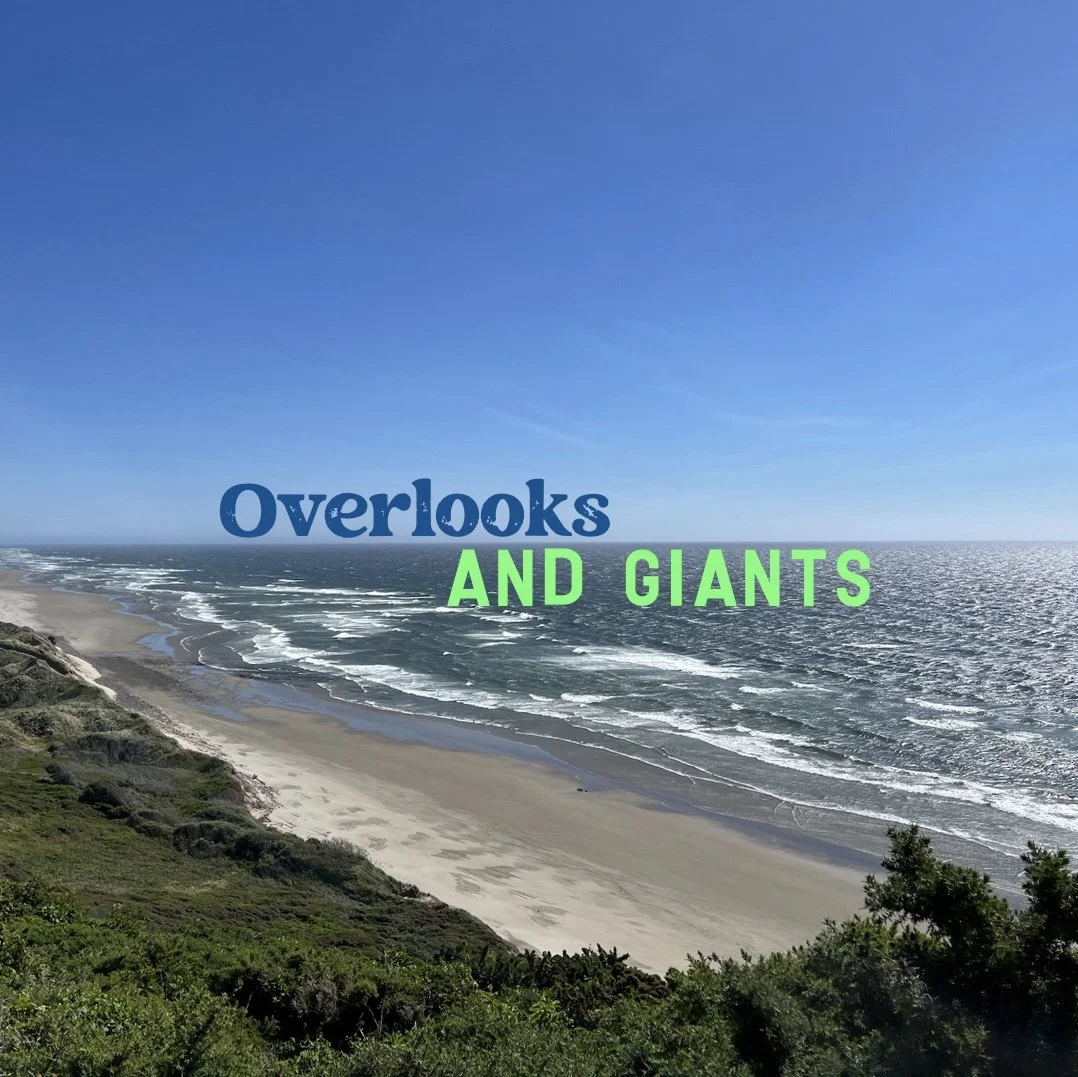Luke 1:46-55
My soul magnifies the Lord.
I find that phrase interesting. Back in Mary's time, magnify was another way of saying glorify. My soul glorifies the Lord. But that isn't what the modern ear hears. It's possible Bible translators kept the word magnify because Mary's song is popularly known as the Magnificat and that's too awesome of a name to lose.
But the modern translation of magnify, to make an object appear larger, puts a fascinating spin on that famous phrase. How on earth can one make God—a being of infinite immensity—appear larger? Even more, how can something as common as a woman being pregnant with a child, even if that child is the offspring of the Divine, make God appear bigger? Are there not better candidates in scripture for magnifying God in the modern sense? Creation, plagues, a parted sea, a tumbled wall. The list could go on.
Acknowledging that Mary meant glorify, it is interesting to think about how something relatively small could make God loom larger than all the miracles that fill Cecil B. DeMille's cinematic dreams (Sidenote: Of course, anyone who has been pregnant or has had a love one who was pregnant will tell you that venture is not small at all, thank you very much). God's greatness is smallness is an inversion, a flipping of the script. Even if Mary's opening line did not intend that, the rest of her song makes this theme of reversal quite clear.
He has brought down the powerful from their thrones, and lifted up the lowly...
The baby that Mary carries in her womb represents an upheaval of how the world works. She speaks of power being wrested from those who sit on thrones and the rich being sent away hungry. Meanwhile the low are lifted and the poor are fed. The hope in Magnificat and thus the hope in Advent sings the loudest to those whose existence scrapes the bottom of the barrel. It is a theme you see throughout Luke; especially when the Lukan version of the Beatitudes commences with "Blessed are the poor."
It's a theme that I love, but which also gives me pause. Because if I am able to write this to post on the internet and you are able to read it on your computer, tablet, or phone then we are rich in the grand scheme of the world. Sure, we may not be rich rich. You and I may drive used cars and worry about how we're going to pay all the bills this month, but compared to others on this planet we might as well be Scrooge McDuck swimming in a money bin.
So where does the Magnificat put us? Where are we in the mix of this great upheaval that Jesus signals? I'm not sure. That's unsatisfying, I know. There is this tension between my firm belief that God loves us all and the very real fact that the Bible has serious warnings about those with wealth and power.
It causes me to ponder the materialism of Christmas that runs counter to the Magnificat. It makes me wonder if Mary were singing this song today if she would be a refugee, an immigrant, a vulnerable citizen in a war-torn country. As the powerful in her time was undoubtedly Rome, I can't help but think about my home country which has arguably been the world power in might for nearly a century.
These ponderings are not to make us feel guilty or make any kind of certain political statement (though you can certainly tease those ideas out). It is simply to point out that Mary's song is not just a warm and fuzzy ditty about carrying the Son of God. The lyrics should challenge us. They should make us think about our place in this world and about the most vulnerable among us. It is a song of upheaval, change, and the God who works in ways that overturn our preconceived notions.
Much in Advent is not what it seems; not even a joyous music number from the mother of baby Jesus.









